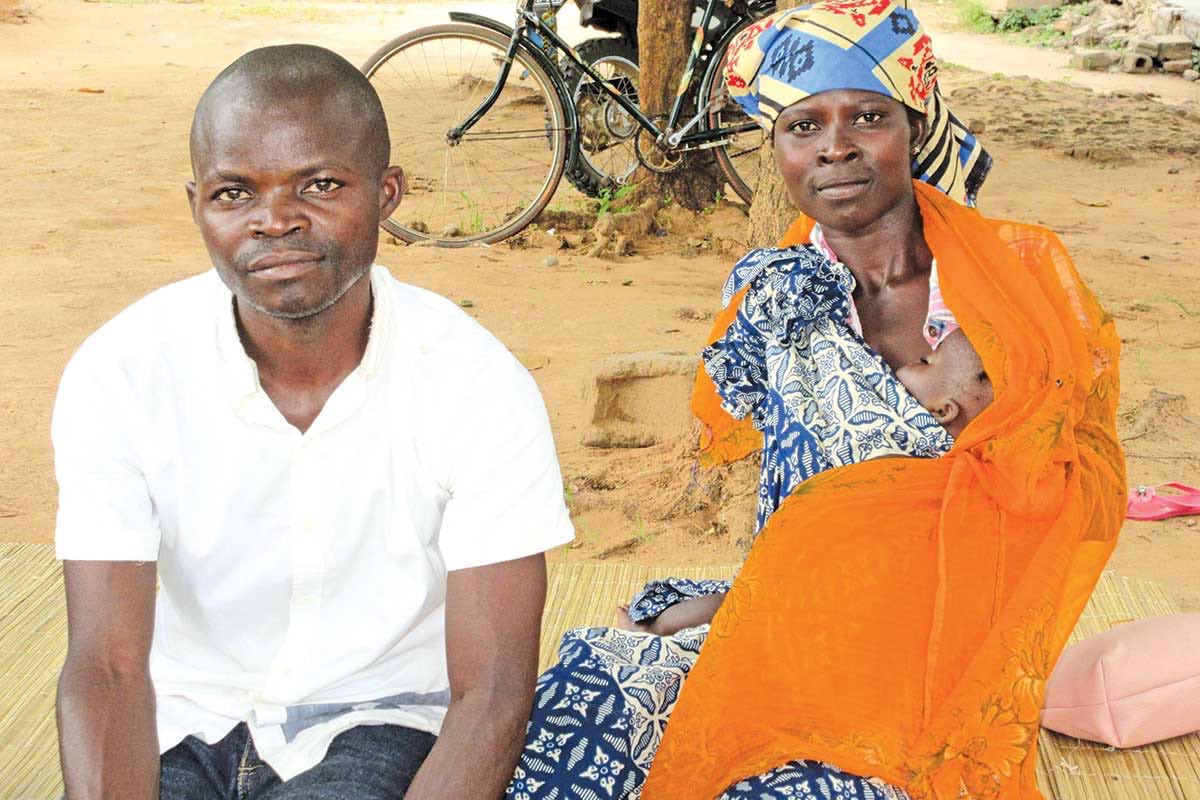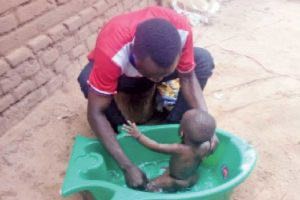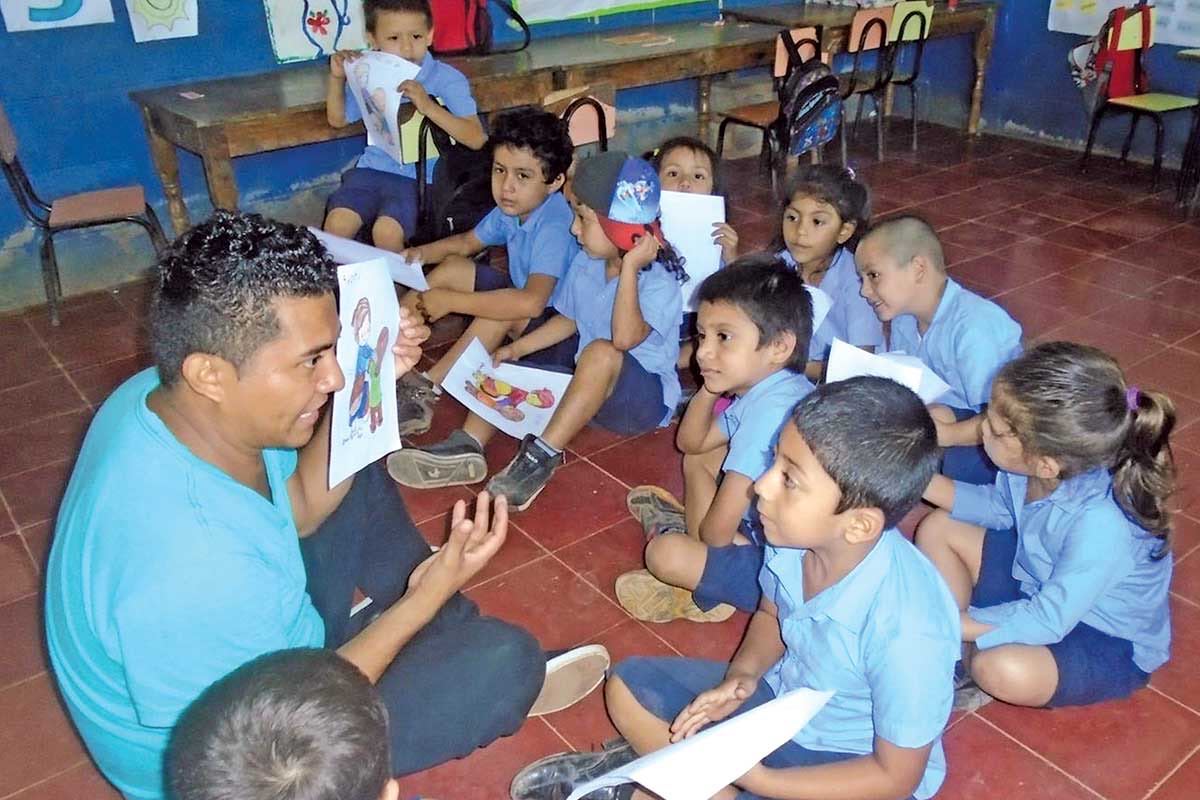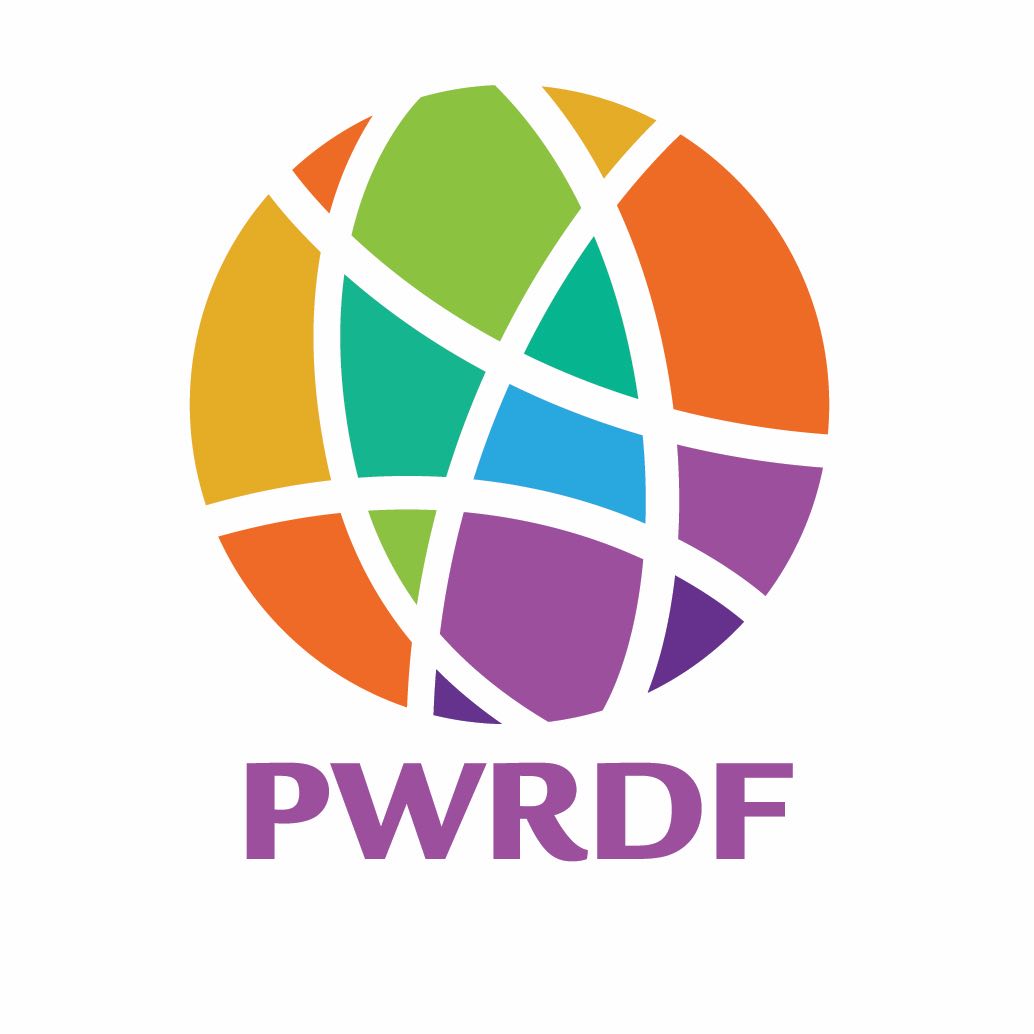While conducting storytelling research in rural Zimbabwe in the early 1990s, I was approached by a woman who said, “Look at me! I’ve worked all day in my fields! There’s a baby on my back, another in my belly, a hoe on my shoulder, and now I have to cook dinner for my husband, who sits in front of the house all day making important decisions!”
Women’s daily workload is only one of the issues the Primate’s World Relief and Development Fund (PWRDF) attempts to address in developing countries through its “Empowering Women” programs. Programs range from ensuring local access to clean water so girls can easily continue their schooling, to providing family planning education, offering instruction for women farmers, providing micro-finance programs that allow women to earn a respectable livelihood, and teaching women to advocate for themselves on issues such as land ownership and community-based decision-making. These, and many other PWRDF-supported programs, address the injustice of gender-based gaps as they seek to ensure physical, psychological, and economic equality.
But, gender is an issue not only for women. Men and non-conforming genders also need to be part of this discussion for gender equity to occur.


PWRDF Communications and Marketing Coordinator Janice Biehn provides an insightful example from Mozambique of one man’s growing understanding of parenthood. She writes that when Amina Bente was pregnant with her first child, husband Janiero Alberto did not want her to visit a health centre, so she visited a traditional healer. For the next two pregnancies, Bente went to the health centre alone. After Amina and Janiero became involved with the PWRDF and Government of Canada supported (with a 6 to 1 match) All Mothers and Children Count (AMCC) program that teaches gender equity, they began to take the children to the clinic when necessary, they learned to prepare more nutritious foods that improved their children’s overall health, Alberto began sharing the housework and childcare with Amino, and the couple now discuss issues and make decisions together.
Although most of the world is currently focused on COVID-19, HIV and AIDS are still a daily reality and site of stigmatization for many in the developing world. In a 2019 report on HIV and AIDS work in El Salvador, PWRDF Fundraising and Donor Relations Facilitator Mike Ziemerink demonstrates how PWRDF partner CoCoSI (Committee Against AIDS) offers practical assistance, support groups, and drama therapy to those with AIDS, but also teaches gender equality, even to children, to mitigate the gender-based violence and hate crimes too often experienced by those with this disease.
The emphasis on gender equity in these programs—“Empowering Women”, the AMCC program in Mozambique, and the work of CoCoSI in El Salvador—is not merely a byproduct: it is intentional. Consequently, gender workshops led by and for local partner staff offer pathways toward a greater understanding and practice of gender equality and inclusiveness. Perhaps we should all be guilty of a friend’s criticism of his teen-aged daughter: “She thinks all people are equal!”
For further reading, may I suggest the following:
https://pwrdf.org/our-work-impact/empowering-women/
https://pwrdf.org/gender-program-changes-fathers-too/
https://pwrdf.org/teaching-gender-equality-from-the-beginning/


